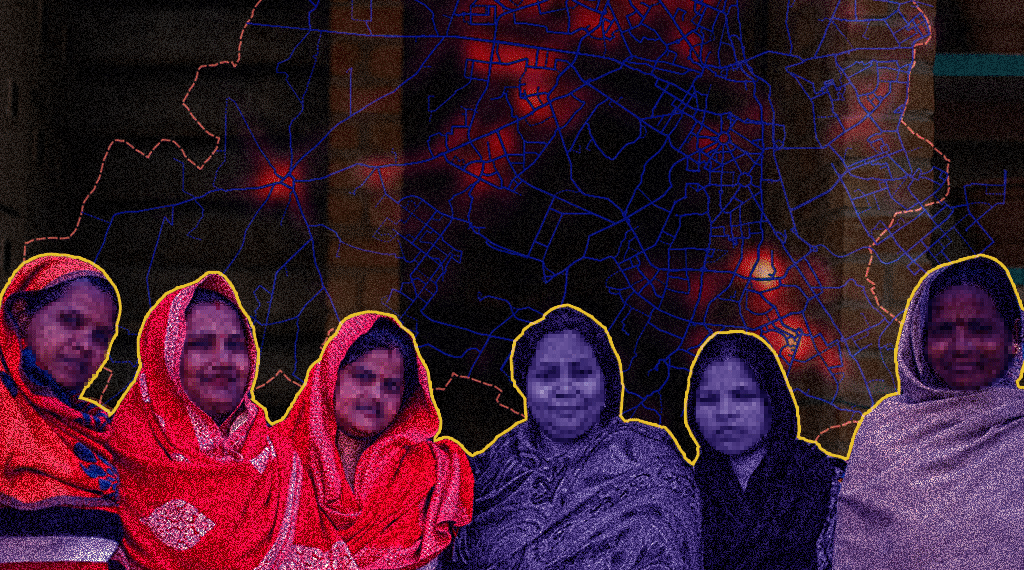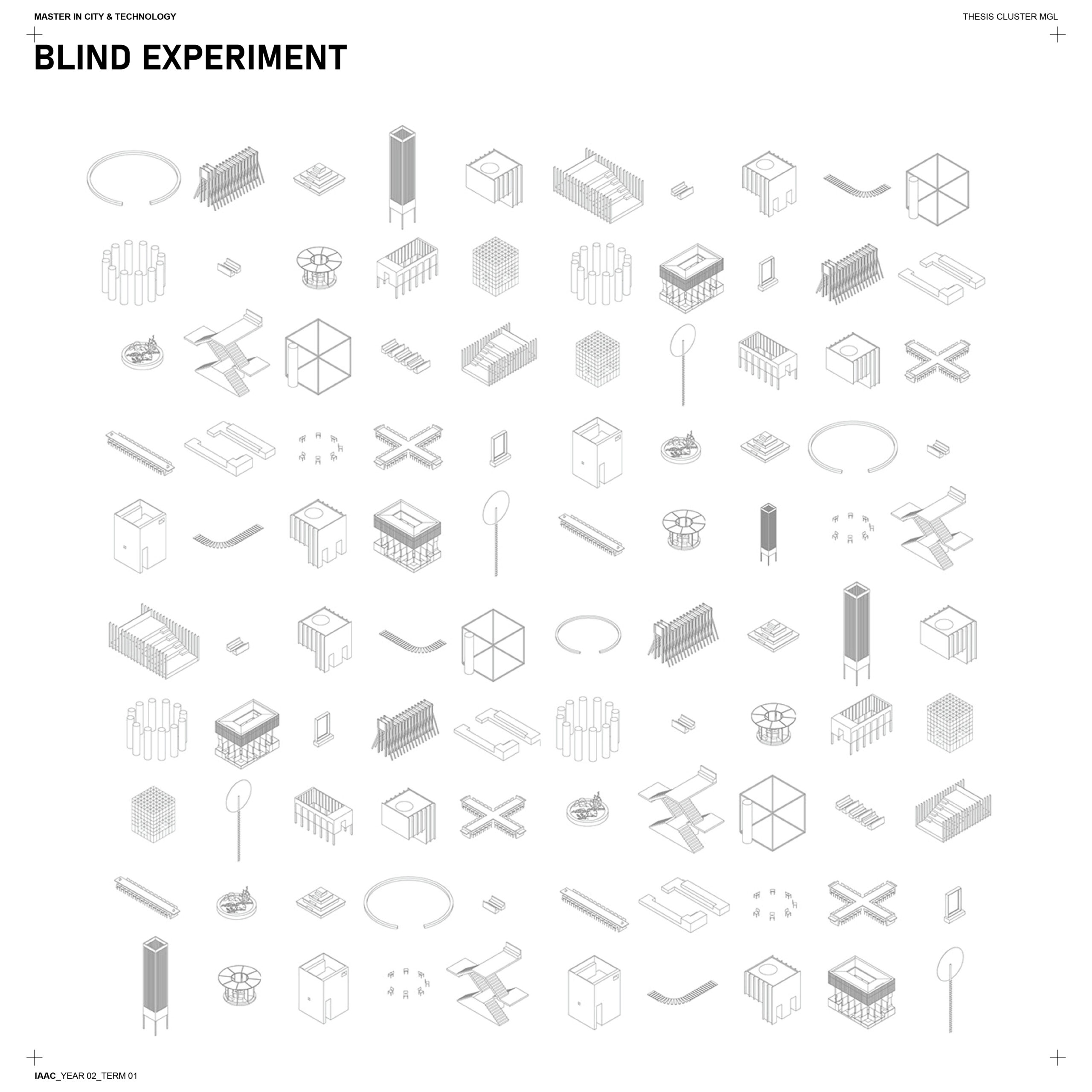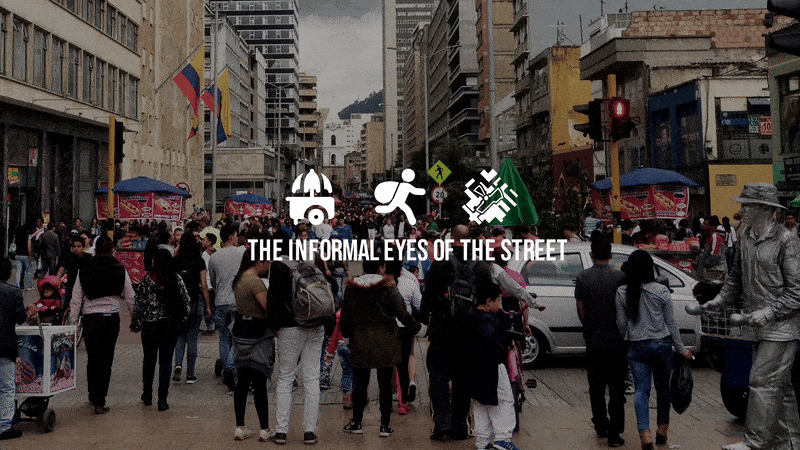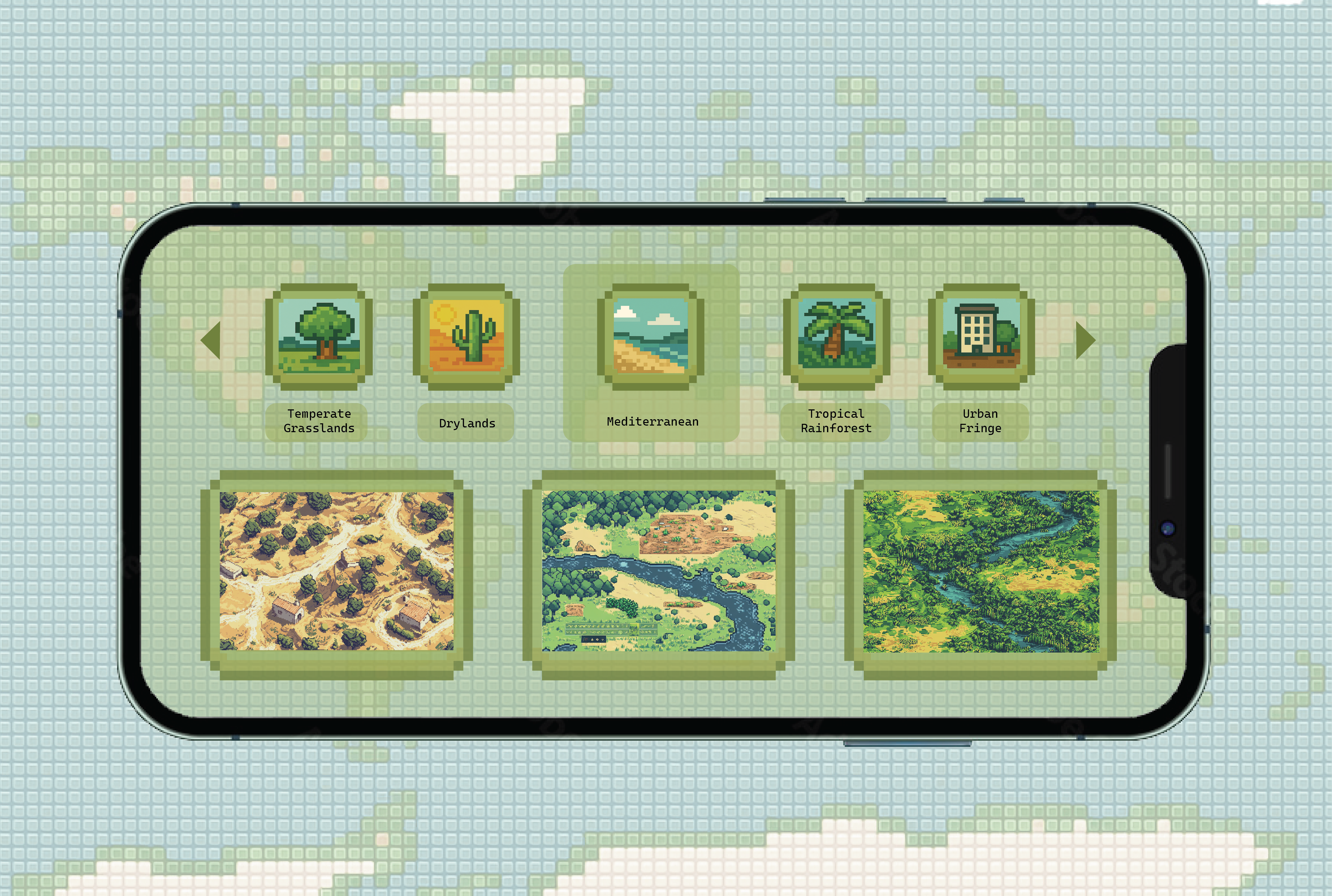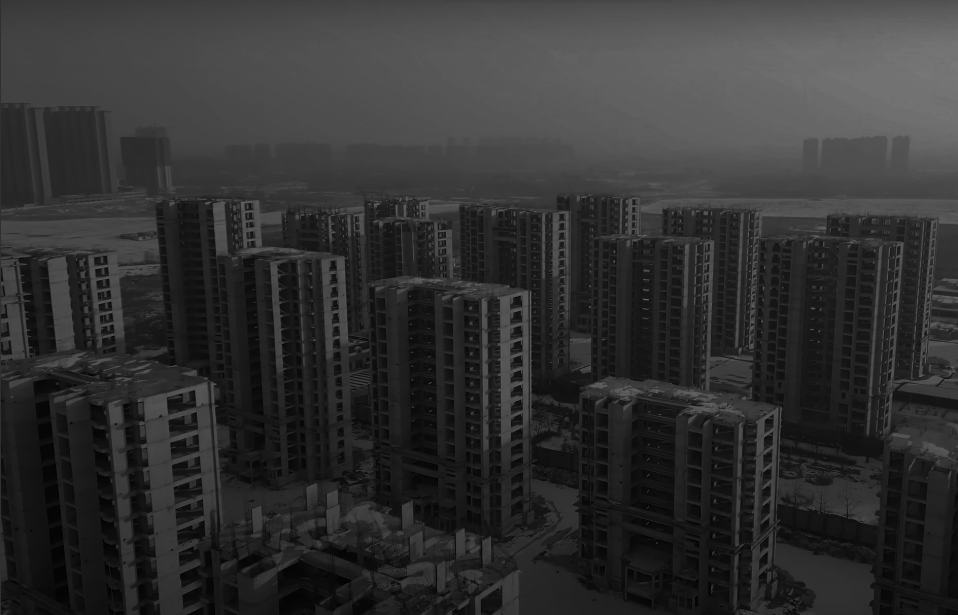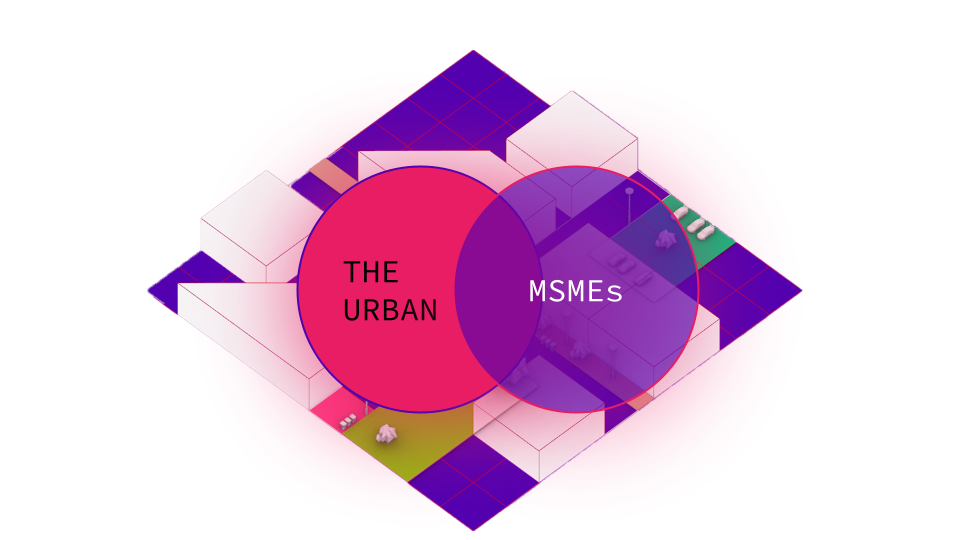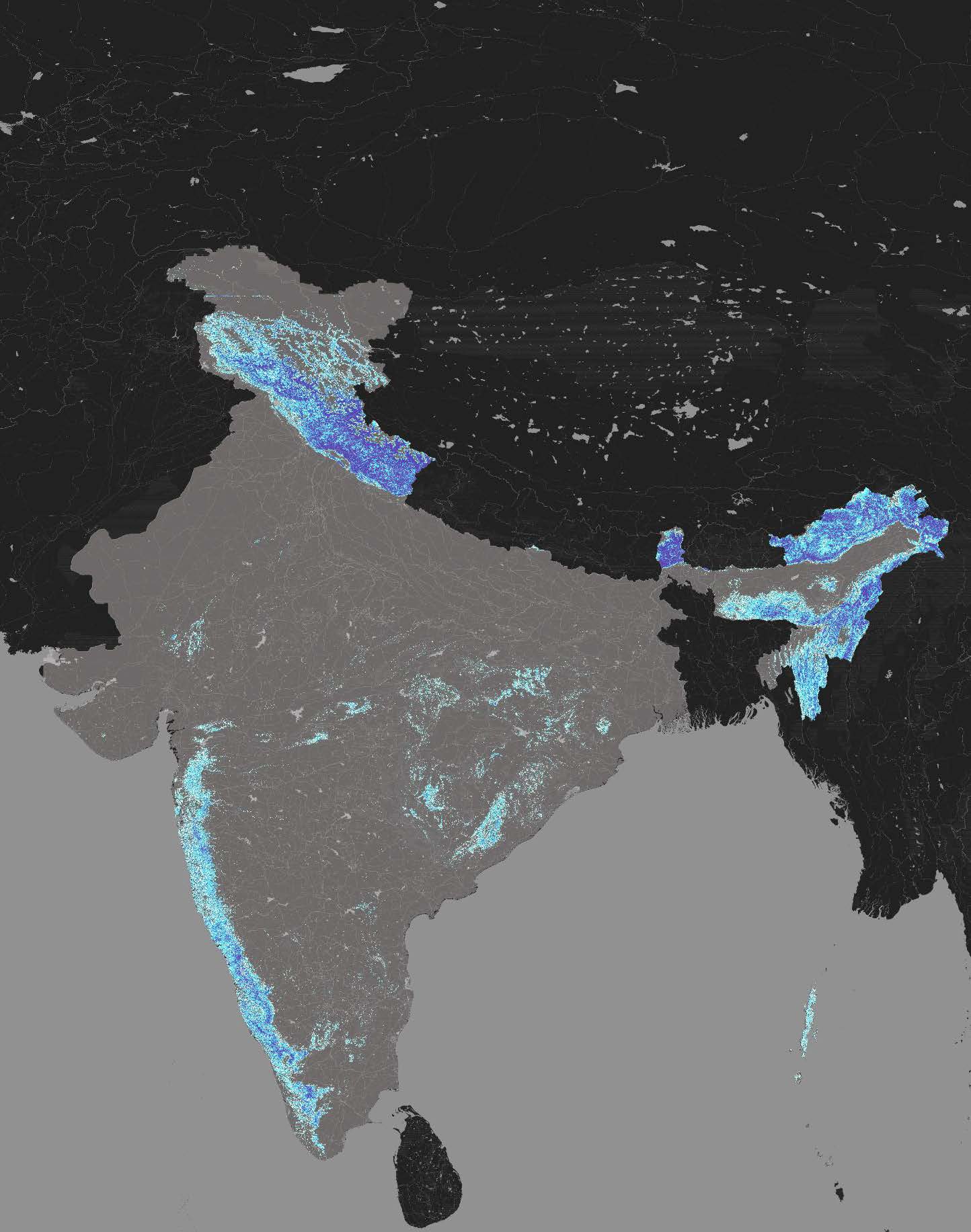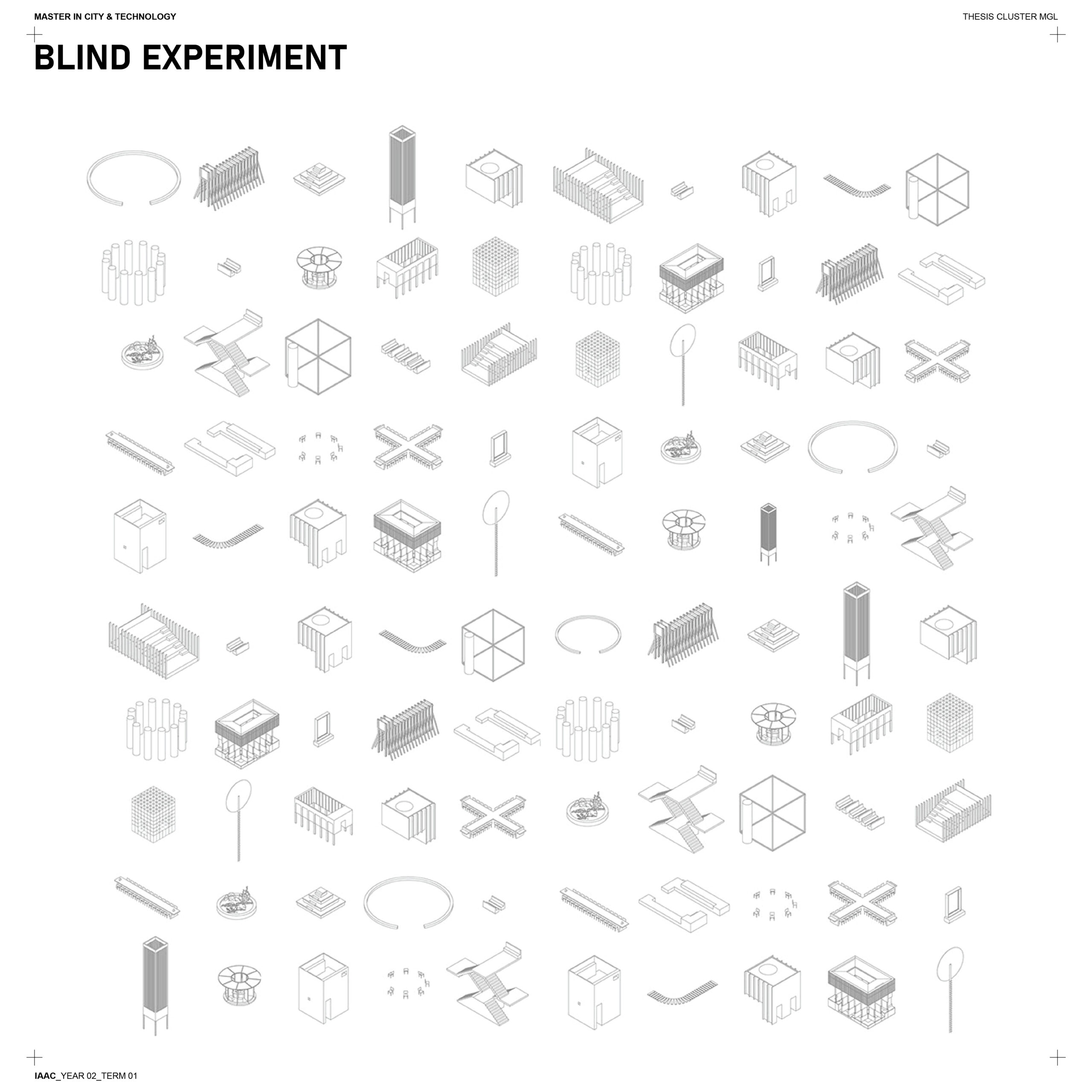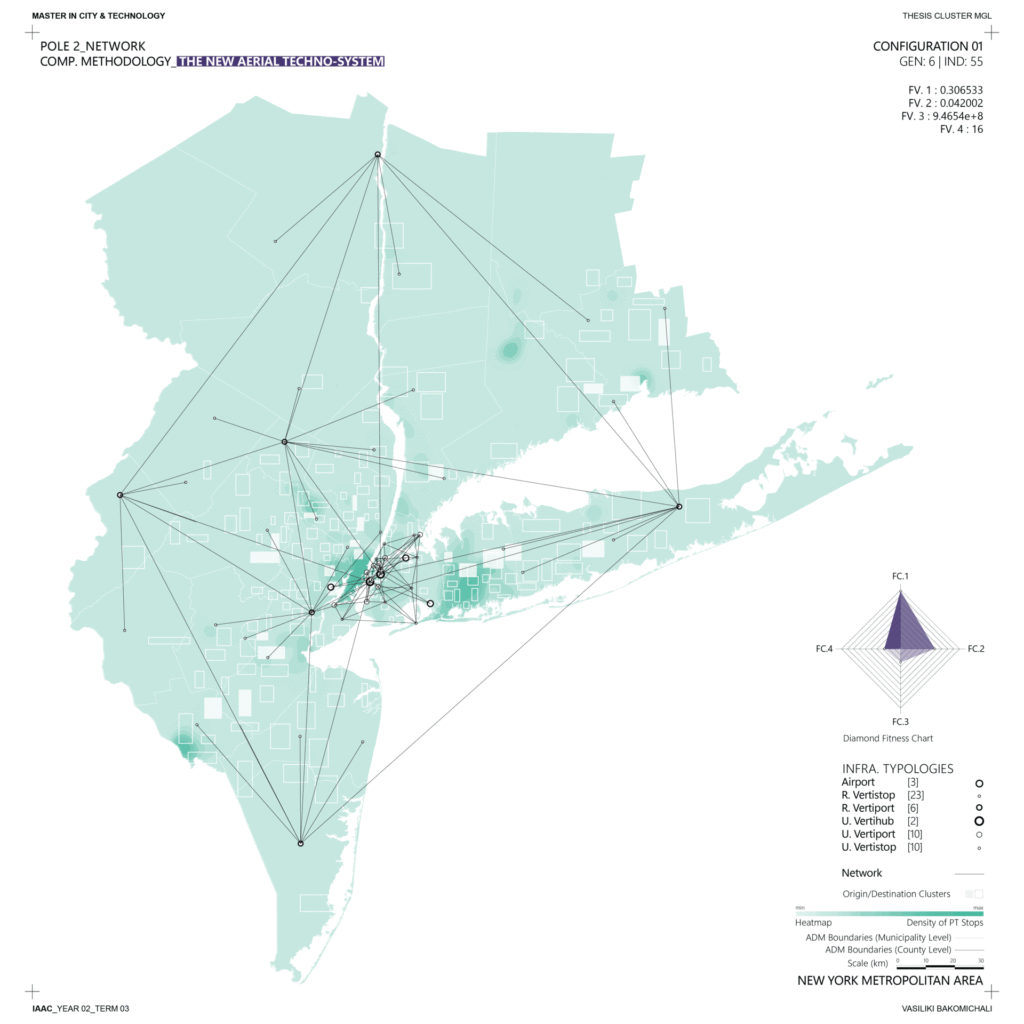
The massive generation of urban data allows for more optimized, self-sufficient and responsive urban designs that follow the needs of both environments and users. When urban design adapts to the environment it trespasses its artificial rigidity, becoming a living organism, able to breathe, filter, grow and be in resonance with it users, both human and more than human, engaging with both artificial and human intelligence in order to operate and thrive.
Within this context, a new paradigm arises for the design of the future urban environment which redefines the form and performance of buildings and public spaces. It leads us to question the ways in which the production of resources can be integrated into new urban landscapes and the ways in which temporal dynamics will affect the creation of masterplans in the future. The projects developed within this theme will focus on developing critical and creative research towards strategies and design proposals for the urban environment, by looking into big data, human and non human behaviours, socio-economic vulnerabilities, new urban ecologies, urban densification, new urban infrastructure, across the diverse scales of our urbanised territories.









